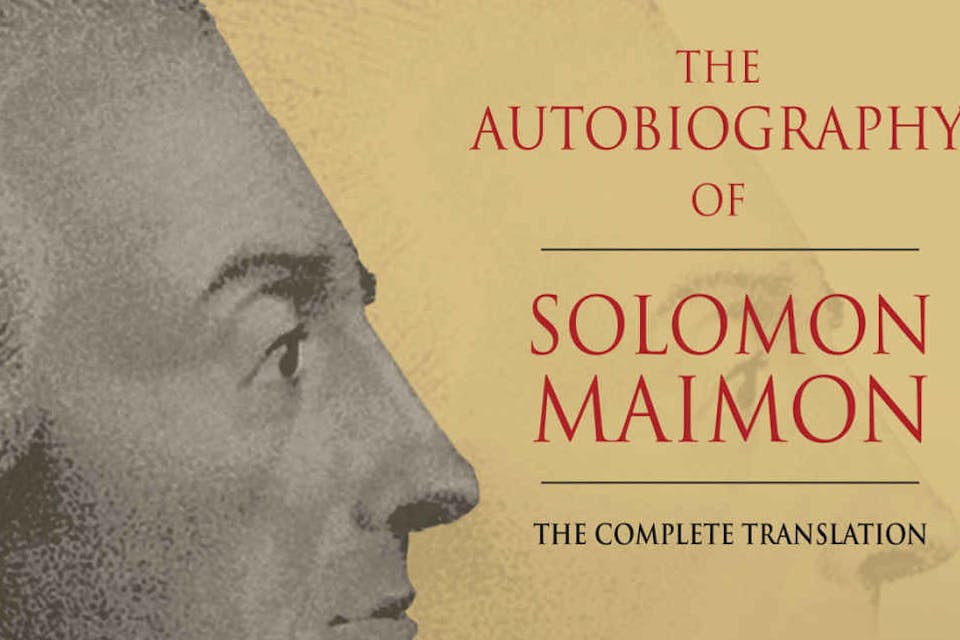
October 11, 2019
A Radical 18th-Century Jewish Philosopher and His Misbegotten Quest for Total Truth
Solomon Maimon abandoned his wife and children in search of intellectual perfection, thereby entirely missing the point.
Some philosophers have led ethically unimpeachable, near-saintly lives. Socrates, Spinoza, and Moses Mendelssohn were celebrated for their generosity and personal virtue.
Others, however, have been strikingly immoral. Jean-Jacques Rousseau abandoned all five of his children at the Paris Foundling Hospital, where most died before reaching adulthood. Jean-Paul Sartre was notorious for his callous treatment of women and his enthusiasm for the mass-murderer Mao Zedong. And then there was Martin Heidegger, widely considered one of the preeminent philosophers of the 20th century, who as rector of Freiburg University joined the Nazi party in 1933 and thereafter sought assiduously to implement Hitler’s cultural and educational agenda.
These latter cases raise weighty questions about the relationship between philosophy and ethical character. Can ideas be judged by their expositors’ personal conduct? Does genius excuse moral turpitude? Is it possible that the roots of personal vices can somehow be connected with a philosopher’s philosophy?